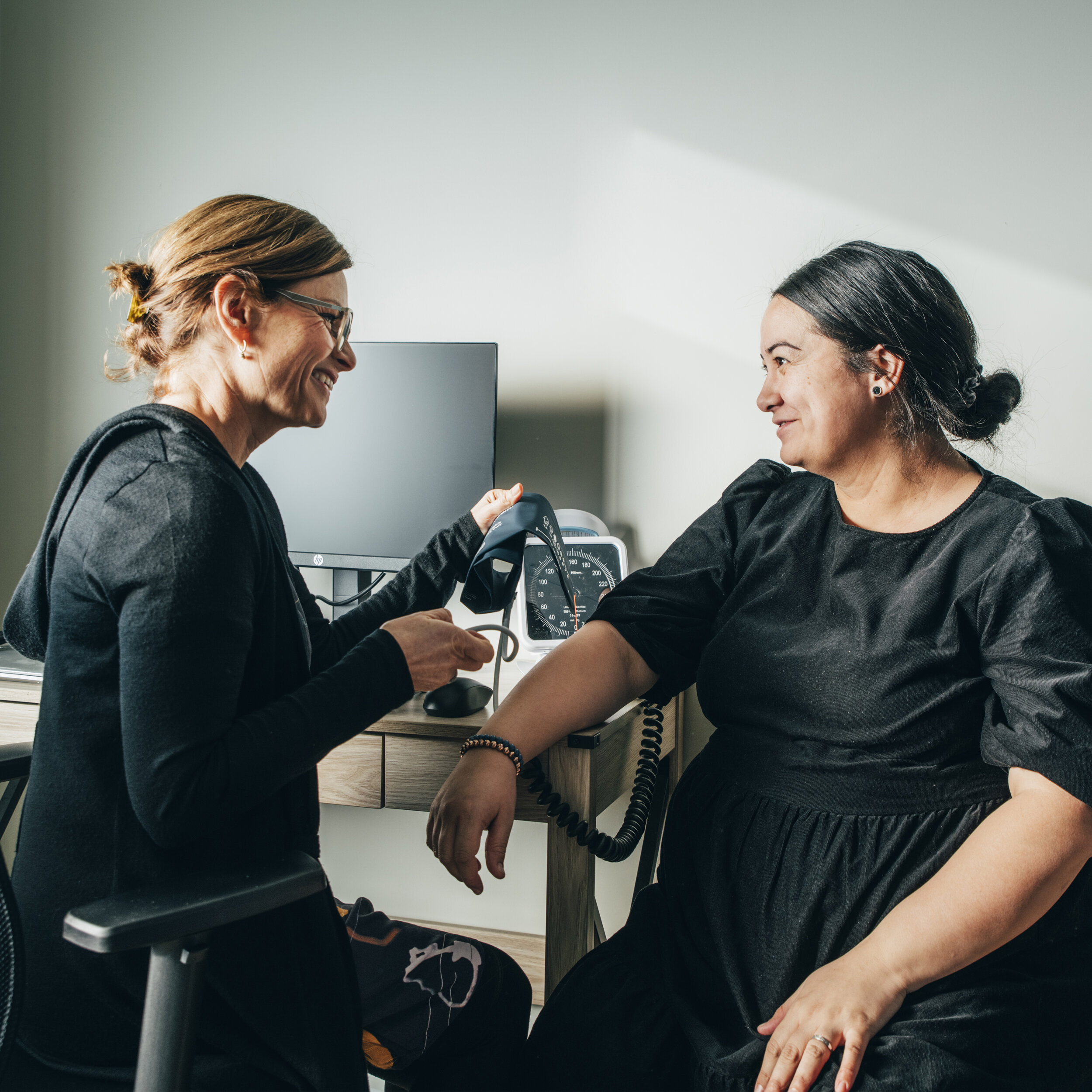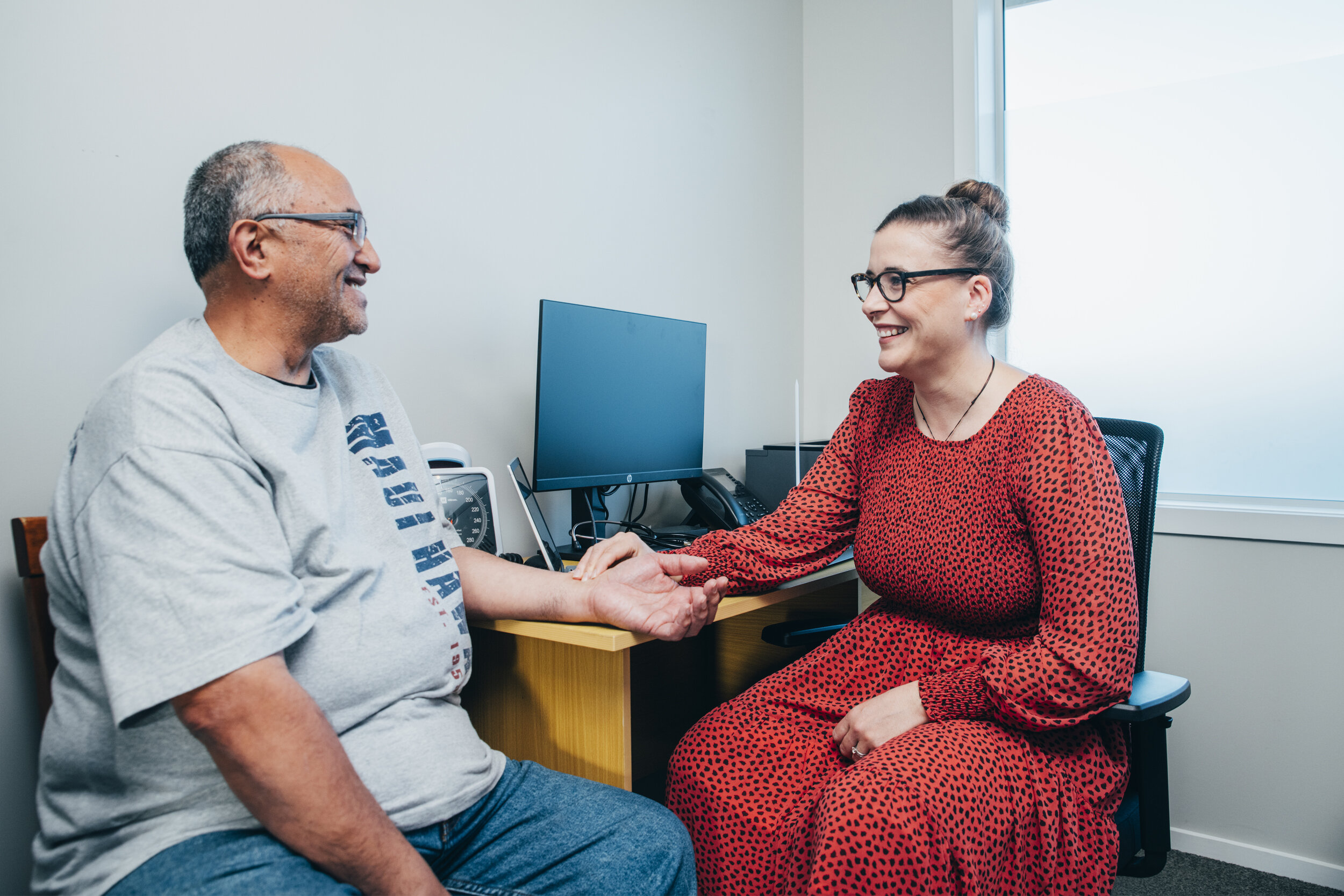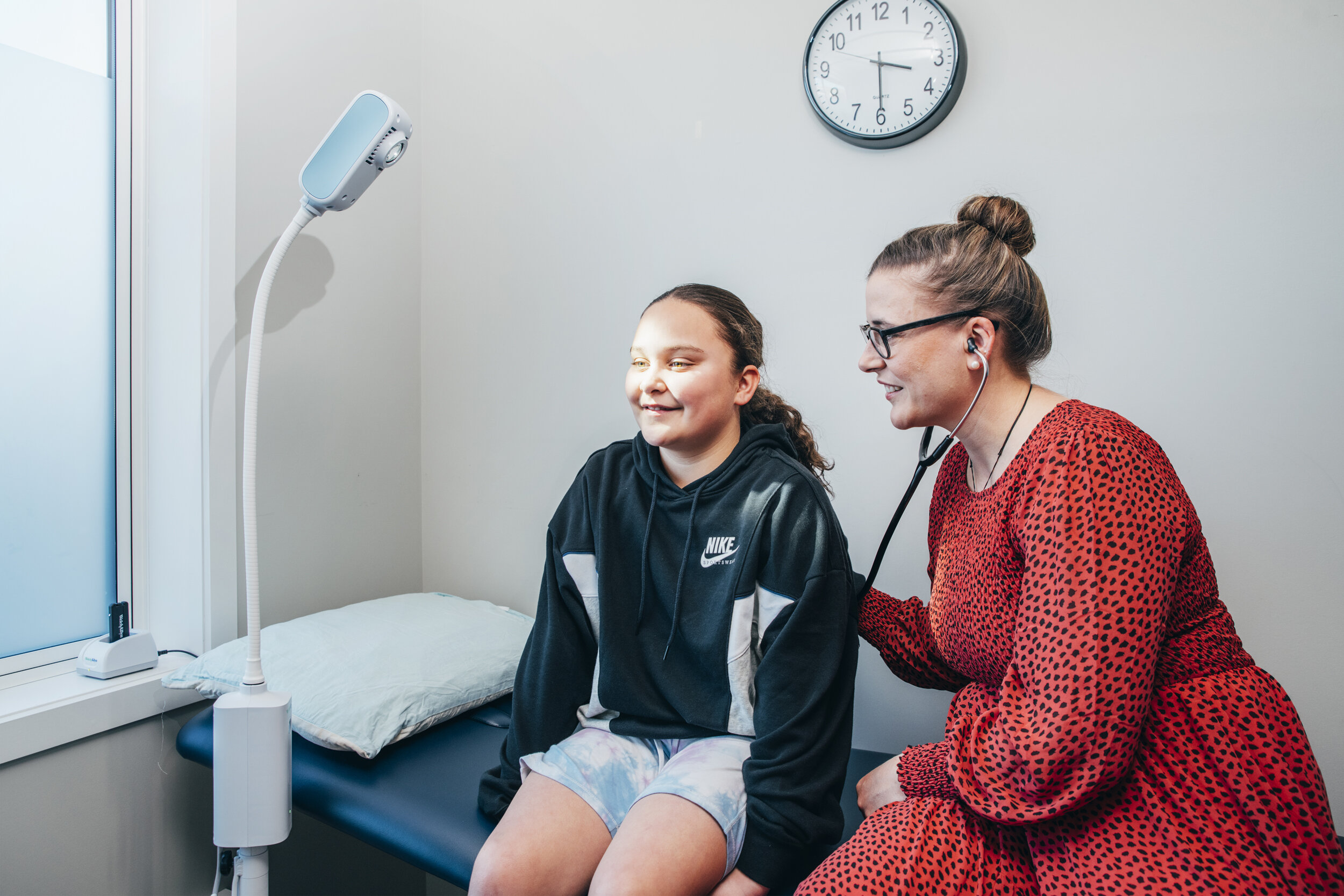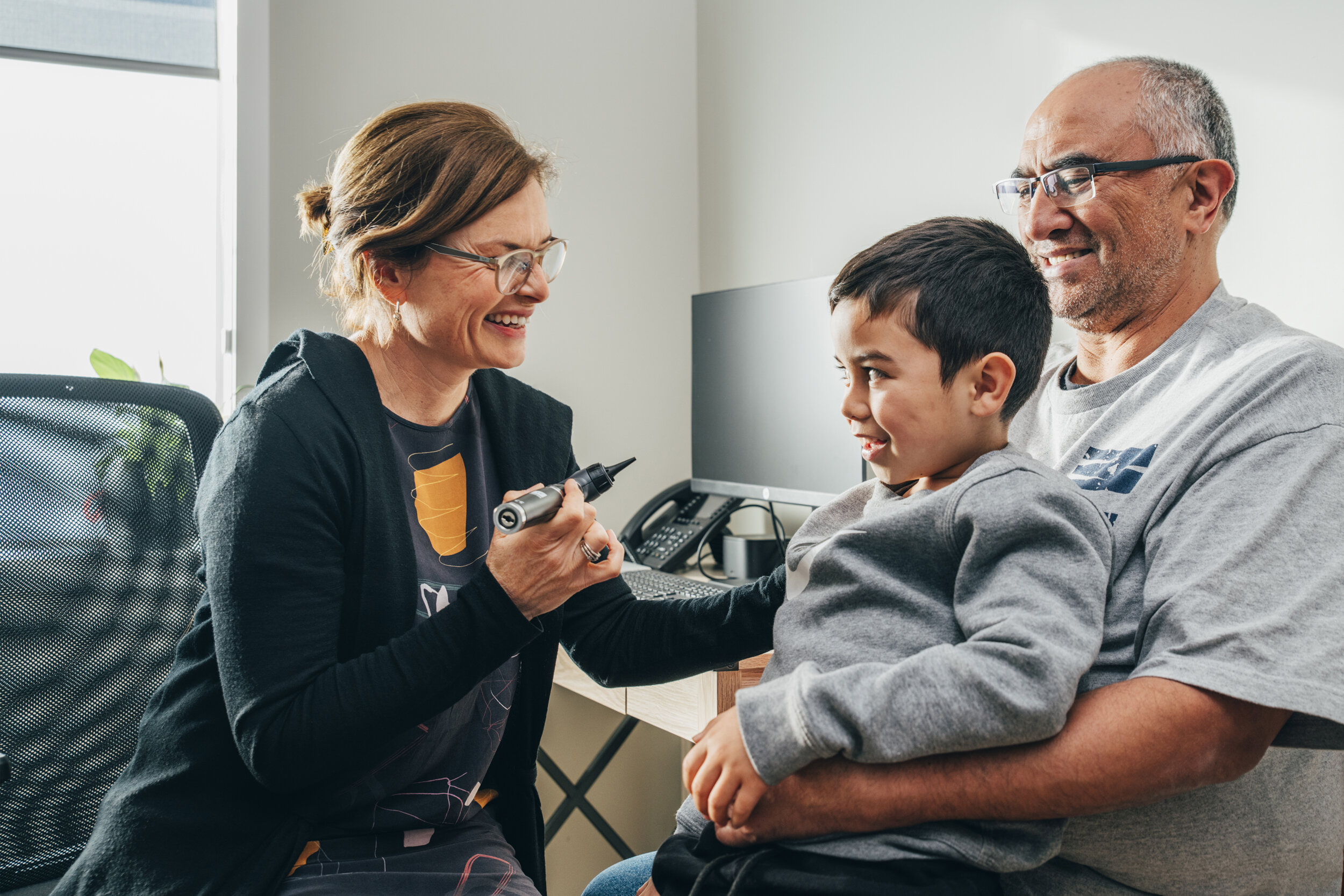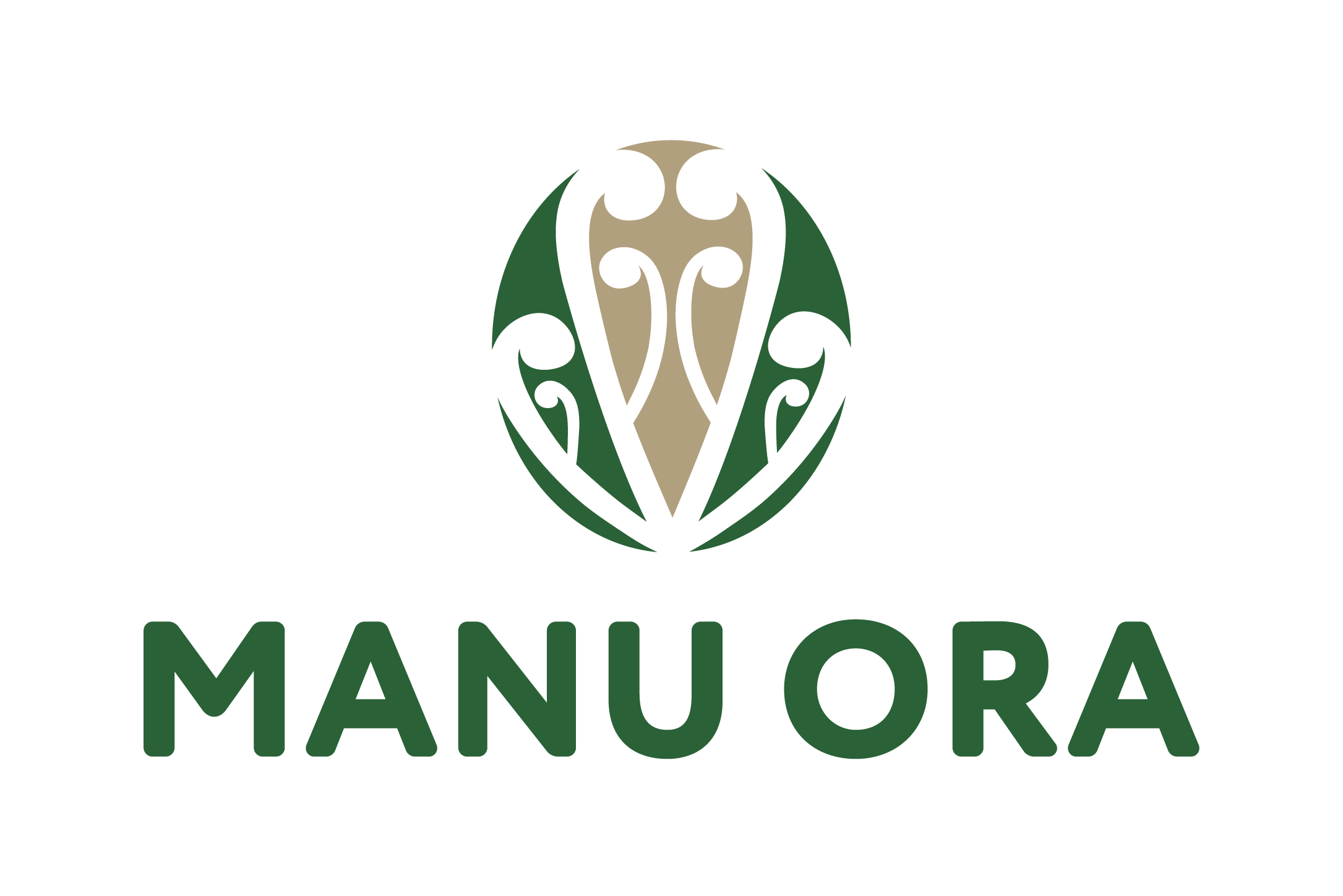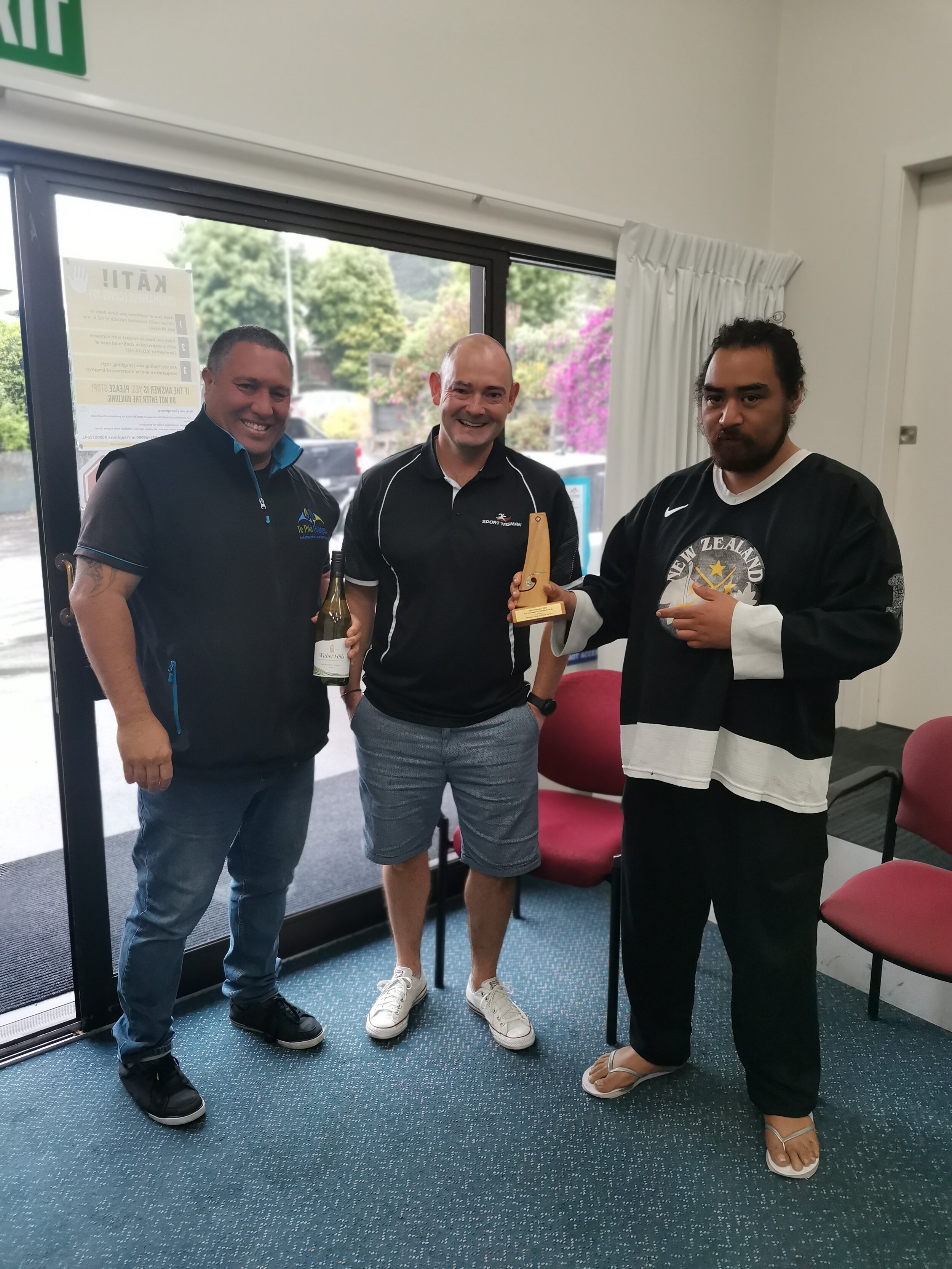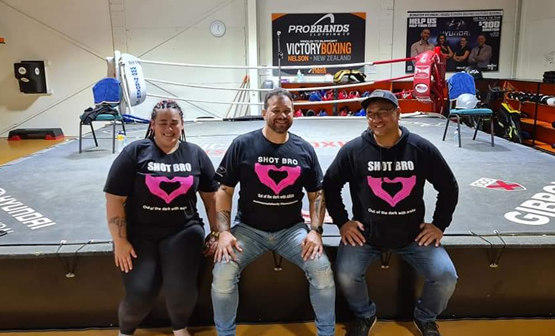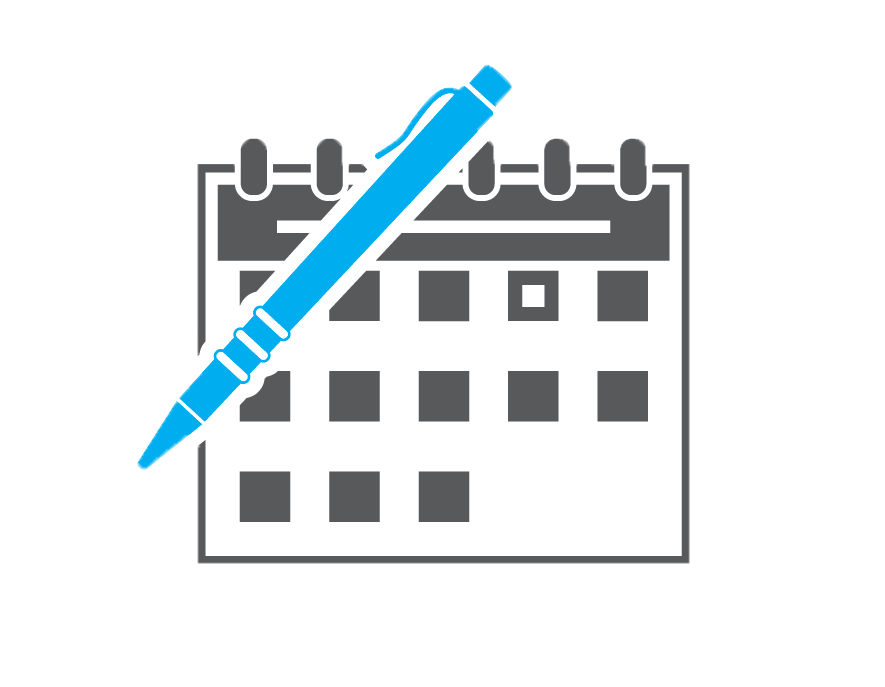Manu Ora takes flight
Today, Wairau’s new Manu Ora healthcare service is open and giving local whānau a new, high-quality and culturally appropriate way to improve their hauora. The service is a partnership between Nuku Health and Te Piki Oranga, and is supported by Marlborough Primary Health and Rangitane o Wairau.
The service’s name ‘Manu Ora’, represents a bird taking flight after achieving hauora (wellbeing).
Manu Ora is a charitable organisation with a small healthcare team dedicated to providing quality care within a kaupapa Māori model and committed to te Māori me ngā tikanga Māori. The service is subsidised for Te Piki Oranga whānau, Community Services Card holders and other whānau who meet the enrolment criteria.
‘We are committed to reducing the inequities in both access to primary health care and the health outcomes for our highest need patients in Wairau, particularly our Māori community,’ says Manu Ora's Sara Simmons.
‘We strive to create an environment that is caring, respectful, empathic and collaborative with our patients and their support networks, and supportive, stimulating and rewarding for our kaimahi (staff).’
The Manu Ora team will work closely with each other, alongside patients, to ensure every staff member can provide high-quality and ongoing care.
When a patient first signs up, they will be offered an extended enrolment appointment with a nurse and a GP from the team. Following this, a coordinated management plan will be developed and documented to ensure each patient’s health needs are met.
The Manu Ora team also aims to act as health advocates for their patients, and to go the extra mile to ensure their health needs are met.
You can book an appointment in advance or drop into the walk-in clinic (where patients are prioritised according to how urgent their medical treatment needs are).
Call Manu Ora on 03 577 5810 or drop into 219 Howick Road, Wairau.
Manu Ora’s guiding whakataukī
Mā te huruhuru, ka rere te manu
Me whakahoki mai te mana ki te whanau, hapū, iwi.
Kia korowaitia aku mokopuna kit e korowaitanga hauora.
Adorn the bird with feathers so it can fly and return the mana to us.
Let our future generations be embraced in good health.

